Lyudmila Yefymenko
Nacimiento : 1951-09-25, Київ, СРСР (Україна)
Historia
українська кіноактриса, кінорежисер. Заслужена артистка України (1998). Народна артистка України (2008).
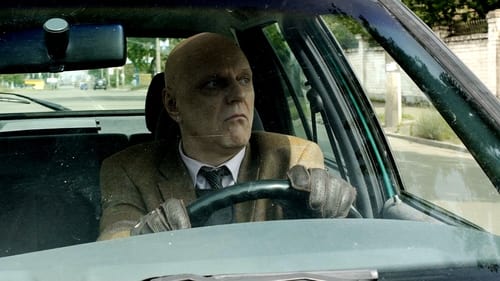
Vera Palna
Theater and film actor, Mykola Veresen' dies on the set while performing the role of Ivan the Terrible. In the moment of death, his karma transforms into the bloody murderer he embodied, and he falls into Sheol, a common grave for all the dead. The time has a different flow here, the only feelings left are fear and pain. In hell Mykola learns about the confrontation that last for centuries between the white and black vampires, he becomes a puppet in the cruel guerrilla of these two supernatural groups.

Everyone knows that Morshyn was built on a meteorite crash site, which is rich in a rare metal osmium. Wanting to earn easy money, Snizhana decides to deceive everyone and take possession of a valuable object. Anything could have happened if 11 children from Morshyn had not gotten in her way. Uniting into a single front for the sake of a greater goal, they start fighting injustice
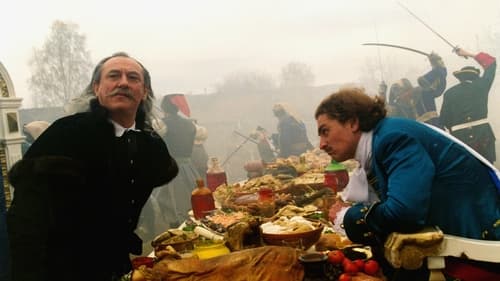
Liubov Kochubei
'A Prayer for Hetman Mazepa' unfolds during an interesting era in the history of Eastern Europe when Russia, under Peter the Great, and Sweden, under King Charles XII, struggled for power; the Ukraine was the pawn in the middle. In 1709, Ivan Mazepa, Hetman of Ukraine, which was part of the Russian Empire, signed a pact with the Swedish king promising to support Sweden in its war against Russia provided that the Ukraine was given its independence.

Once in the underpass at the Philharmonic, a singer Lyudmila hears a heavenly voice of a beggar-girl singing "Ave Maria" ...

Director
Once in the underpass at the Philharmonic, a singer Lyudmila hears a heavenly voice of a beggar-girl singing "Ave Maria" ...

Olena
The film takes place in 1659 when Bohdan Khmelnytsky's son Yuri took power from Hetman Vyhovsky. Supporters of Bohdan Khmelnytsky are trying to help his daughter Olena to save her father's regalia - the symbol of Hetman's power and independence of Ukraine.
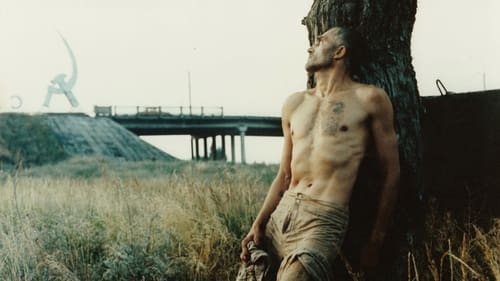
Woman
A convict is forced to hide within a model of a hammer and sickle. Here a tragic romance ensues between the convict and woman worker; which is spoilt by the woman's jealous young son. The convict is then forced to undergo a tragic bid for freedom which ends with the beauty of swans contrasted with the imprisoned convicts and the hopeful but ultimately tragic wait by the woman for her lover.

Motria
Vasyl Vilgota raised two sons. One of them died on the fronts of the Second World War, defending the homeland, and the second served as Hilfspolizei. Vilgota himself also helped the Nazis. Although he carefully hides this fact of his biography, there is one man who knows the truth about him.
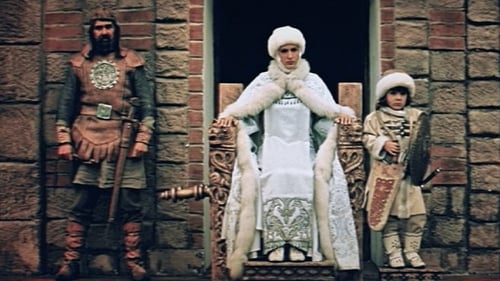
Princess Olha
The film is a poetic adaptation of a series of stories (oral and written) about Princess Olha of Kyivan Rus' (Ukraine-Rusʹ) at the start of the 11th century. Inspired by chronicles and folk legends this is a story of a common girl Olha who married Prince Ihor and became his successor on the throne after his murder and one of the most remarkable political leaders in early medieval European history. She converted to Christianity and brought her realm into Europe.

Based on the works of Nikolai Gogol - 'The Old World Landowners', 'The Tale of How Ivan Ivanovich Quarreled with Ivan Nikiforovich', 'Ivan Fyodorovich Shponka and His Aunt'.
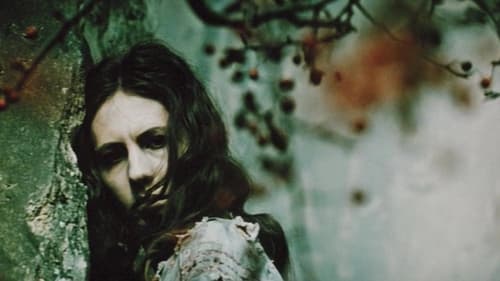
Mavka
Mavka, a water nymph, loves Lukash, a country youth. Their brief happiness ends when Lukash is forced to marry the shrewish Kilina. The Spirit of the Forest turns Lukash into a wolf as punishment for his infidelity. The strength of Mavka's love breaks the spell, but Kilina curses the nymph, transforming her into a weeping willow. This beautiful and tragic story is based on a play written in 1912 by Lesya Ukrainka, a Ukrainian poet, writer and political, civil and female activist, and includes mythological characters taken from Ukrainian folklore.

Marysya Pavlovna
A story of two delinquent boys at a boarding school, struggling to cope with fathers who abandoned them, and retreating into fantasy.

Drama about Aleksandra Avramovna Derevskaya (1902-1959), who, between the two wars - the Civil and Great Patriotic War, raised 48 orphan children of different nationalities. After her death, each birthday, her large family gathers at the table, to preserve the tradition of serving baked potatoes, which was a favorite dish of the household head.












